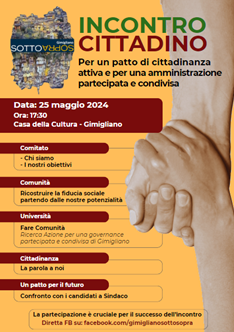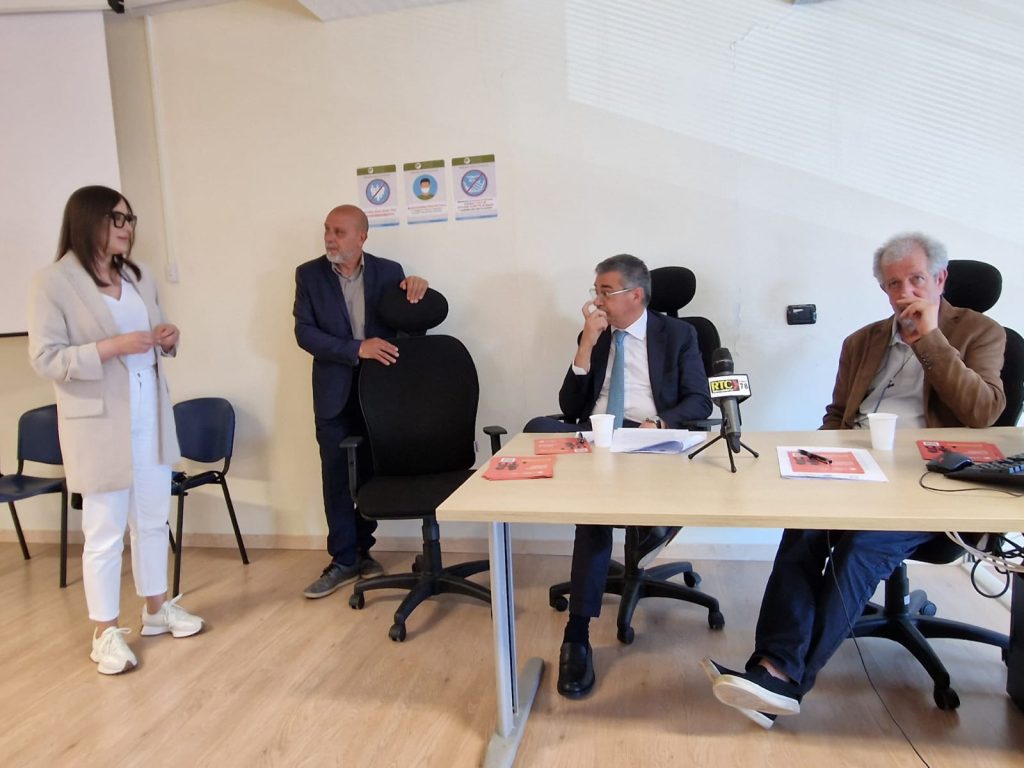by Annamaria Gnisci, Italian, exclusive for thediagonales
[responsivevoice buttonposition “before” button voice=”UK English Male” buttontext=”listen to this”]
According to Professor Lee McIntyre, from The Boston University: “One of the leading ethical theories is utilitarianism which says that moral decisions and actions should be made based on their consequences. Arguing that ethical judgments were a matter of assessing the greatest good for the greatest number. But, as an ethicist, I would urge you to be careful.”
But the subject is far from abstract. In Italy, because of unavailability of ventilators has brought to care being denied to older patients, questionable to survive, to help the healthier patients who had a chance to live.
It is a simple, pragmatic approach: the highest good for the most considerable number.

Herschel Elliot and Richard D Lamm wrote an exciting text dealing with Garrett Hardin’s “The Tragedy of the Commons” [1]:
The consequences of human behaviour change as the population grows. Most human activities have a point of moral reversal, before which they may cause great benefit and little harm, but after which they may cause so much damage as to overwhelm their benefits. Here are a few representative examples, the first of which is often cited when considering Garrett Hardin’s work: in a nearly empty lifeboat, rescuing a drowning shipwreck victim causes benefit: It saves the life of the victim, and it adds another person to help manage the boat. But in a lifeboat loaded to the gunwales, rescuing another victim makes the boat sink and causes only harm: Everyone drowns.
We could describe the work ethic as the way that someone feels about the importance of work, usually the belief that it is crucial to work hard.
Consequently, ethics has to do with what is lawful and is distinguished from what is illicit and immoral.

At this point, it is necessary to rediscover its practical function and its usefulness, free from philosophical doctrines.
The “Tragedy of Commons” has a metaphoric meaning and “illustrates the argument that free access and unrestricted demand for a finite resource ultimately reduces the resource through over-exploitation, temporarily or permanently. This occurs because the benefits of exploitation accrue to individuals or groups, each of whom is motivated to maximize use of the resource to the point in which they become reliant on it, while the costs of the exploitation are borne by all those to whom the resource is available (which may be a wider class of individuals than those who are exploiting it). This, in turn, causes demand for the resource to increase, which causes the problem to snowball until the resource collapses (even if it retains a capacity to recover). The rate at which depletion of the resource is realized depends primarily on three factors: the number of users wanting to consume the common in question, the wild nature of their uses, and the relative robustness of the common.”
Environmental ethics is based on concern for nature. Human beings are spiritually and physically interdependent and interconnected with nature.
And the natural world exists according to the principles of interdependence and balance.
At this point, it’s up to us being on the right side, following all environmental ethics that are out there, and heal the earth. The future is round the corner waiting for a better world.
[/responsivevoice]
[1] into: Garrett Hardin, Science 13 Dec 1968, Vol. 162







Devi effettuare l'accesso per postare un commento.